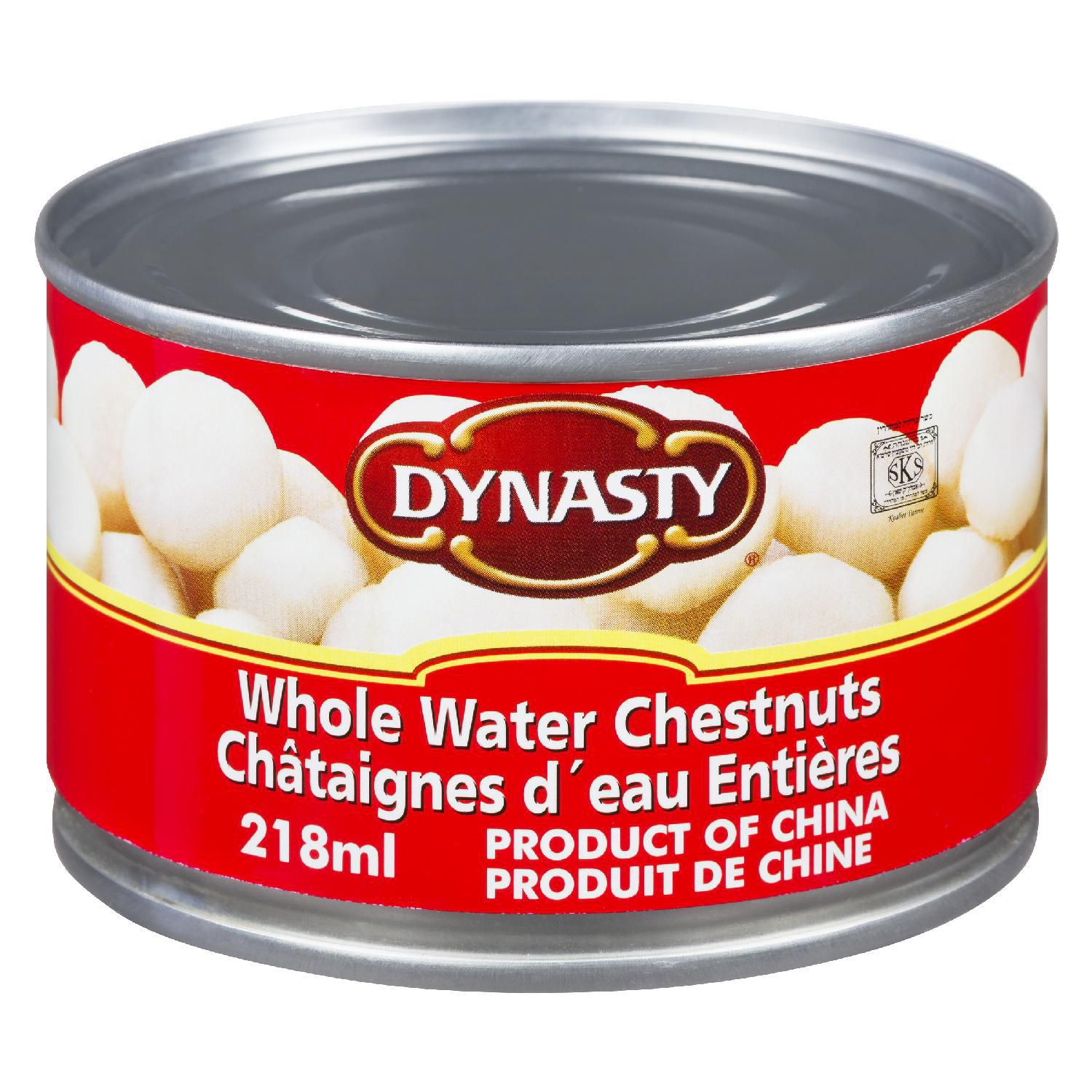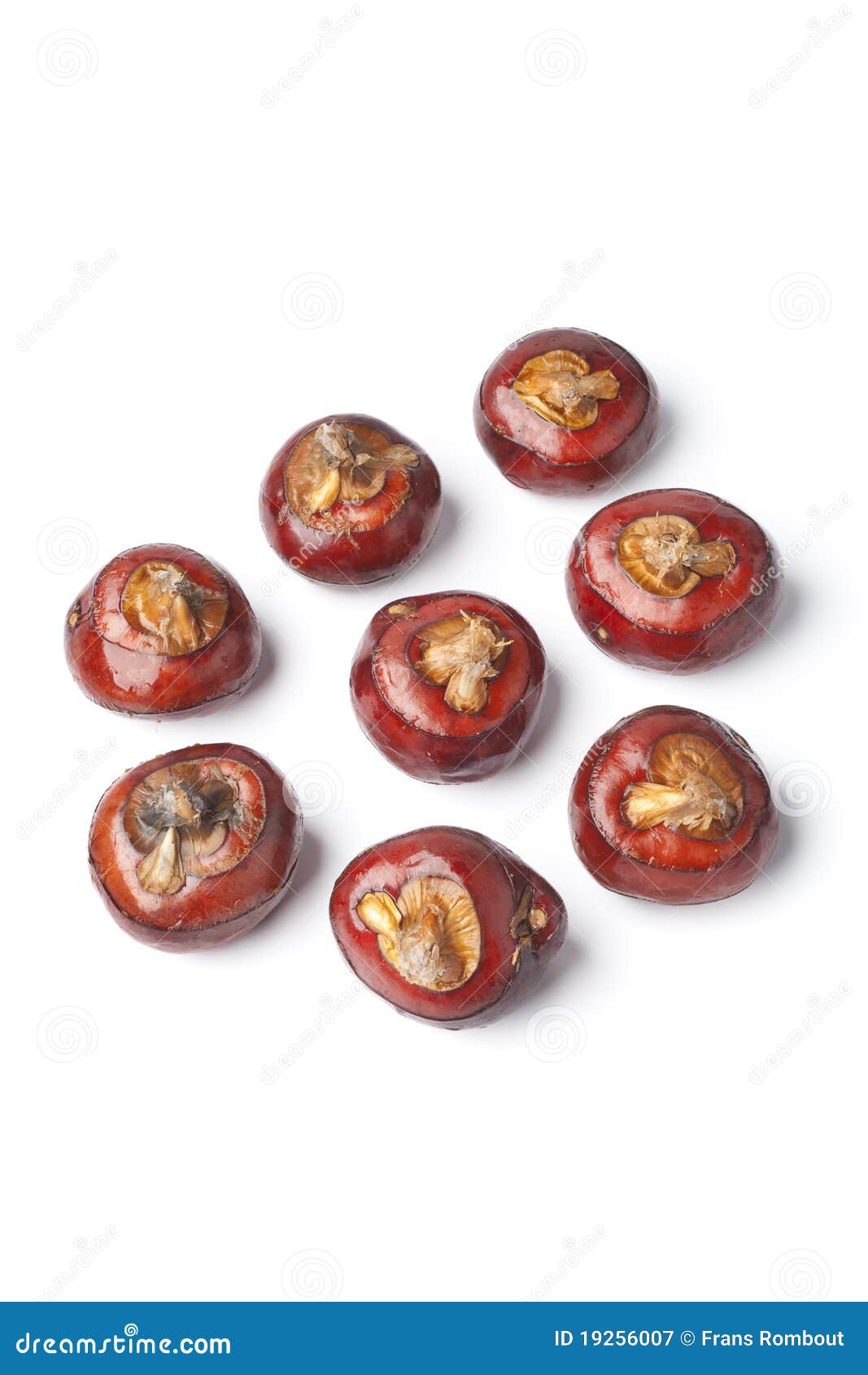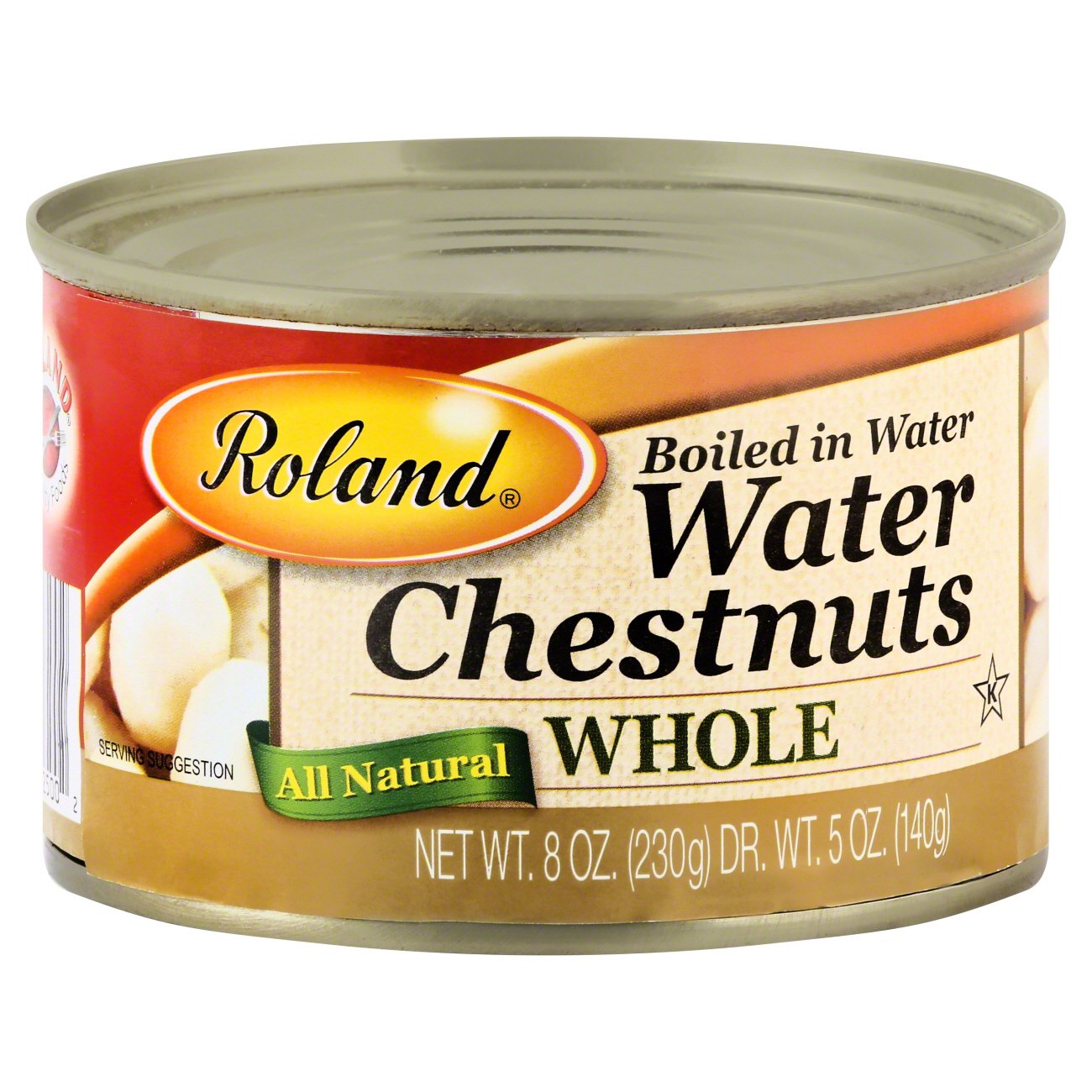Where To Find The Best Whole Water Chestnuts For Your Next Asian-Inspired Dish
What are whole water chestnuts?
Whole water chestnuts are a type of aquatic vegetable that is native to Southeast Asia. They are a good source of fiber, potassium, and vitamin C. Water chestnuts are often used in stir-fries, salads, and soups.
Importance and benefits of whole water chestnuts
Water chestnuts are a low-calorie food that is packed with nutrients. They are a good source of fiber, which can help to promote regularity and lower cholesterol levels. Water chestnuts are also a good source of potassium, which is an essential mineral for maintaining blood pressure. Additionally, water chestnuts are a good source of vitamin C, which is an important antioxidant that can help to protect the body from damage caused by free radicals.
Historical context of water chestnuts
Water chestnuts have been cultivated in Asia for centuries. They were first introduced to Europe in the 17th century, and they have since become a popular ingredient in many cuisines around the world.
- Amber Heard And Jason Momoa Together
- Is Neil Flynn Married
- Choi Jin Hyuk Wife
- Tony Sirico Children
- Cole Y Dylan Sprouse
Conclusion
Water chestnuts are a versatile and nutritious vegetable that can be used in a variety of dishes. They are a good source of fiber, potassium, and vitamin C, and they have a long history of cultivation in Asia.
Whole Water Chestnuts
Whole water chestnuts, a versatile aquatic vegetable, offer a range of nutritional and culinary benefits. Here are seven key aspects that highlight their significance:
- Crunchy texture
- Mild, nutty flavor
- Rich in fiber
- Good source of potassium
- Contains vitamin C
- Versatile ingredient
- Cultivated for centuries
These aspects contribute to the unique characteristics and value of whole water chestnuts. Their crunchy texture and mild flavor make them a delightful addition to salads, stir-fries, and soups. As a rich source of fiber, they aid digestion and promote satiety. The presence of potassium supports healthy blood pressure levels, while vitamin C strengthens the immune system. Moreover, water chestnuts have been cultivated for centuries, indicating their historical significance and widespread acceptance.
1. Crunchy texture
The crunchy texture of whole water chestnuts is a defining characteristic that contributes to their sensory appeal and culinary versatility. This satisfying attribute stems from several key factors:
- High water content: Water chestnuts are composed of approximately 75% water, which gives them a crisp and refreshing bite.
- Starchy interior: Beneath the thin, papery skin lies a starchy interior that provides a substantial and slightly chewy texture.
- Cellular structure: The unique cellular structure of water chestnuts creates tiny air pockets that contribute to their satisfying crunch.
- Freshness: Freshly harvested water chestnuts have the most pronounced crunch, as the texture can diminish slightly over time.
The crunchy texture of whole water chestnuts makes them a popular ingredient in salads, stir-fries, and other dishes where a crisp and refreshing element is desired. They also provide a delightful contrast to softer or more delicate ingredients, adding a layer of interest and complexity to culinary creations.
2. Mild, nutty flavor
The mild, nutty flavor of whole water chestnuts is a subtle yet distinctive characteristic that adds depth and complexity to culinary creations. This delicate flavor profile is attributed to several key factors:
- Natural sweetness: Water chestnuts possess a subtle sweetness that provides a natural balance to their nutty flavor.
- Starchy composition: The starchy interior of water chestnuts contributes a slightly earthy undertone that complements the nutty notes.
- Freshness: Freshly harvested water chestnuts have the most pronounced nutty flavor, as the intensity can diminish slightly over time.
- Culinary versatility: The mild, nutty flavor of water chestnuts makes them a versatile ingredient that pairs well with a variety of cuisines and flavors.
The mild, nutty flavor of whole water chestnuts enhances their culinary appeal and makes them a popular choice for salads, stir-fries, soups, and other dishes. Their subtle sweetness and earthy undertones add a layer of complexity to culinary creations, complementing bold flavors and enhancing the overall taste experience.
3. Rich in fiber
Whole water chestnuts are a rich source of dietary fiber, an essential nutrient that plays a crucial role in maintaining a healthy digestive system and overall well-being. Fiber is primarily classified into two types: soluble and insoluble.
- Soluble fiber
Soluble fiber dissolves in water and forms a gel-like substance in the digestive tract. It helps to slow down digestion, promote satiety, and regulate blood sugar levels. Whole water chestnuts contain a significant amount of soluble fiber.
- Insoluble fiber
Insoluble fiber does not dissolve in water and adds bulk to the stool, facilitating regular bowel movements and preventing constipation. Whole water chestnuts also provide a good source of insoluble fiber.
- Benefits of fiber
The combination of soluble and insoluble fiber in whole water chestnuts offers a range of health benefits, including improved digestion, reduced cholesterol levels, stabilized blood sugar levels, and a lower risk of chronic diseases such as heart disease and type 2 diabetes.
- Recommended intake
The recommended daily intake of fiber for adults is 25-30 grams. Consuming whole water chestnuts as part of a balanced diet can contribute to meeting this recommended intake and support overall health and well-being.
Incorporating whole water chestnuts into one's diet is a simple and effective way to increase fiber intake and reap its numerous health benefits. They can be enjoyed raw, cooked, or canned, making them a versatile addition to salads, stir-fries, soups, and other culinary creations.
4. Good source of potassium
Whole water chestnuts stand out as a good source of potassium, an essential mineral that plays a crucial role in various bodily functions. Potassium is primarily responsible for maintaining fluid balance within the body, regulating blood pressure, and supporting nerve and muscle function.
The presence of potassium in whole water chestnuts contributes to their nutritional value and makes them a valuable dietary component. Potassium helps to counteract the effects of sodium, which can contribute to high blood pressure. By maintaining appropriate potassium levels, whole water chestnuts can support cardiovascular health and reduce the risk of hypertension.
Incorporating whole water chestnuts into a balanced diet can help individuals meet their daily potassium requirements. The recommended daily intake of potassium for adults is 4,700 milligrams. Consuming whole water chestnuts, either raw, cooked, or canned, can contribute to reaching this recommended intake and promote overall well-being.
5. Contains vitamin C
Whole water chestnuts are a good source of vitamin C, an essential nutrient that plays a vital role in various bodily functions. Vitamin C, also known as ascorbic acid, is a powerful antioxidant that helps protect cells from damage caused by free radicals. It is also necessary for the production of collagen, a protein that is essential for healthy skin, bones, and connective tissues.
The presence of vitamin C in whole water chestnuts contributes to their nutritional value and makes them a valuable dietary component. Vitamin C helps to strengthen the immune system, reduce the risk of chronic diseases such as heart disease and cancer, and improve overall skin health.
Incorporating whole water chestnuts into a balanced diet can help individuals meet their daily vitamin C requirements. The recommended daily intake of vitamin C for adults is 65 to 90 milligrams. Consuming whole water chestnuts, either raw, cooked, or canned, can contribute to reaching this recommended intake and promote overall well-being.
6. Versatile ingredient
Whole water chestnuts stand out as a versatile ingredient that seamlessly adapts to a wide range of culinary creations. Their unique combination of texture and flavor makes them a welcome addition to both raw and cooked dishes, offering endless possibilities for culinary exploration.
- Salads
In salads, whole water chestnuts add a delightful crunch and subtle nutty flavor, complementing the freshness of leafy greens and vegetables. They can be sliced, diced, or julienned to suit the desired texture.
- Stir-fries
Whole water chestnuts bring a satisfying crunch and a touch of sweetness to stir-fries. They pair well with various meats, vegetables, and sauces, absorbing the flavors of the dish while adding a unique textural element.
- Soups
In soups, whole water chestnuts contribute a subtle sweetness and a delightful textural contrast to creamy or broth-based soups. They can be added whole or sliced, depending on the desired presentation.
- Snacks
Whole water chestnuts can be enjoyed as a healthy and refreshing snack. They can be eaten raw, providing a satisfying crunch and a mild, nutty flavor.
The versatility of whole water chestnuts extends beyond these examples, as they can be incorporated into various other dishes such as salads, curries, and even desserts. Their adaptability makes them a valuable ingredient for both home cooks and professional chefs, inspiring creativity in the kitchen.
7. Cultivated for centuries
The cultivation of whole water chestnuts spans centuries, with evidence suggesting their presence in Asian cuisine as early as the 16th century. This prolonged cultivation has profoundly shaped the identity and characteristics of whole water chestnuts as we know them today.
The careful and selective cultivation practices employed over generations have led to the development of specific varieties of water chestnuts, each with unique traits. These varieties exhibit desirable qualities such as optimal size, shape, texture, and flavor, making them particularly suited for culinary purposes.
Furthermore, the long history of cultivation has contributed to the establishment of standardized growing techniques. These techniques ensure consistent quality and supply of whole water chestnuts, meeting the demands of consumers and food industries worldwide.
The cultivation of whole water chestnuts for centuries has played a pivotal role in shaping their significance as a culinary ingredient. The knowledge and expertise gained through this extended cultivation period have enabled the preservation and refinement of this unique vegetable, ensuring its continued enjoyment by generations to come.
Frequently Asked Questions about Whole Water Chestnuts
This section addresses common queries and misconceptions surrounding whole water chestnuts, providing informative answers to enhance understanding and appreciation of this unique vegetable.
Question 1: What distinguishes whole water chestnuts from regular chestnuts?
Unlike regular chestnuts, which belong to the genus Castanea and are tree nuts, whole water chestnuts belong to the genus Eleocharis and are aquatic vegetables. They are characterized by their crisp texture, mild nutty flavor, and distinctive shape.
Question 2: Are water chestnuts safe to consume raw?
Yes, whole water chestnuts are safe to consume raw. They offer a refreshing crunch and a slightly sweet flavor when eaten raw. However, thorough rinsing and peeling before consumption are recommended to remove any surface impurities or pesticides.
Question 3: What is the ideal way to store water chestnuts?
For optimal freshness and quality, store whole water chestnuts unpeeled in a container filled with cold water. Regular water changes are essential to prevent spoilage. They can be kept in the refrigerator for up to a week using this method.
Question 4: Can water chestnuts be used as a substitute for other ingredients?
While water chestnuts possess a unique texture and flavor, they can sometimes be used as a substitute for other ingredients in certain recipes. For instance, in stir-fries or salads, they can be used instead of bamboo shoots or jicama.
Question 5: Are there any potential health concerns associated with water chestnuts?
Water chestnuts are generally considered safe for consumption. However, individuals with allergies to other members of the Cyperaceae family, such as papyrus or sedges, should exercise caution and consult a healthcare professional before consuming water chestnuts.
Summary of key takeaways:
- Water chestnuts are aquatic vegetables distinct from regular chestnuts.
- They can be consumed raw or cooked and offer a unique crunchy texture and mild flavor.
- Proper storage involves keeping them unpeeled in cold water, changing the water regularly.
- Water chestnuts can sometimes be used as a substitute for other ingredients in certain recipes.
- Individuals with allergies to related plant species should approach consumption with caution.
Transition to the next article section:
Having explored these frequently asked questions, let's delve deeper into the nutritional value and culinary applications of whole water chestnuts.
Conclusion
Whole water chestnuts, with their distinctive crunchy texture and mild nutty flavor, have carved a niche for themselves in the culinary world. Their versatility as an ingredient extends from salads to stir-fries, soups, and even snacks. Beyond their culinary merits, whole water chestnuts offer an array of nutritional benefits, including being a rich source of fiber, potassium, and vitamin C.
The cultivation of whole water chestnuts over centuries has played a crucial role in refining their qualities and ensuring their widespread availability. Their unique characteristics and nutritional value have made them a staple ingredient in many cuisines around the globe.
As we continue to explore the culinary and nutritional wonders of the plant kingdom, whole water chestnuts stand out as a shining example of nature's bounty. Their versatility, nutritional profile, and historical significance make them a valuable addition to any kitchen and diet.
- Amy Winehouse Blake
- Lou Diamond Phillips Brother Emilio Estevez
- Tony Hicks
- Anna Sawai Net Worth
- Josh Gates

Dynasty Whole Water Chestnuts Walmart Canada

Whole a water chestnuts stock image. Image of studo, vegetable 19256007

Roland Whole Water Chestnuts Shop Nuts & Seeds at HEB